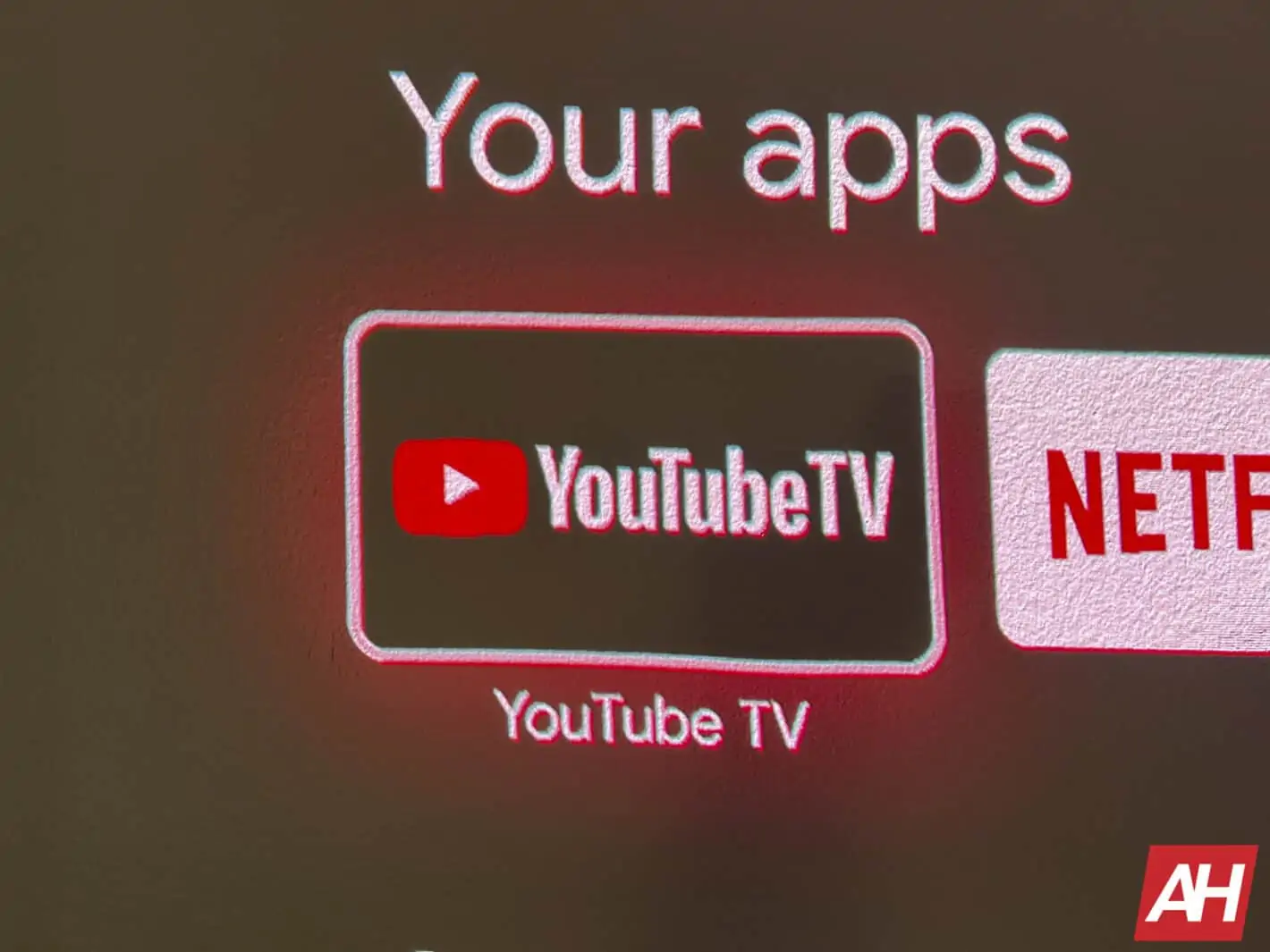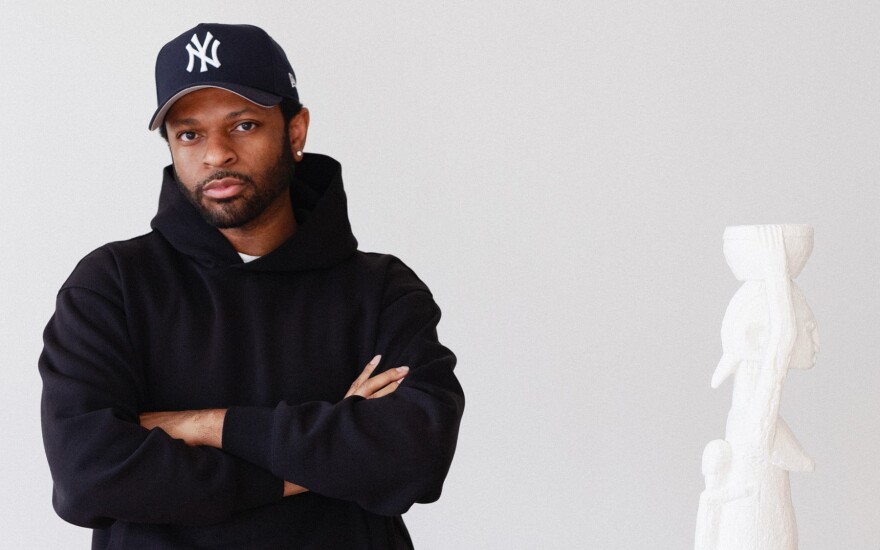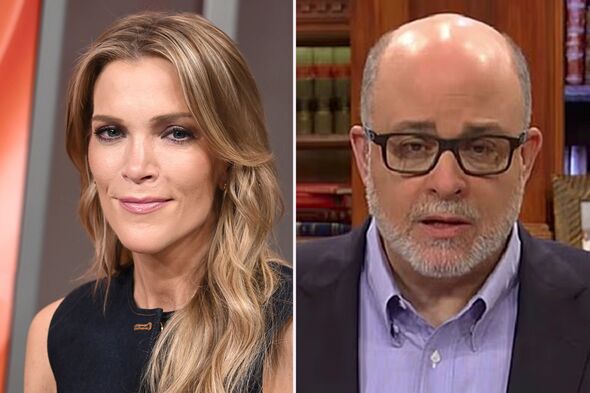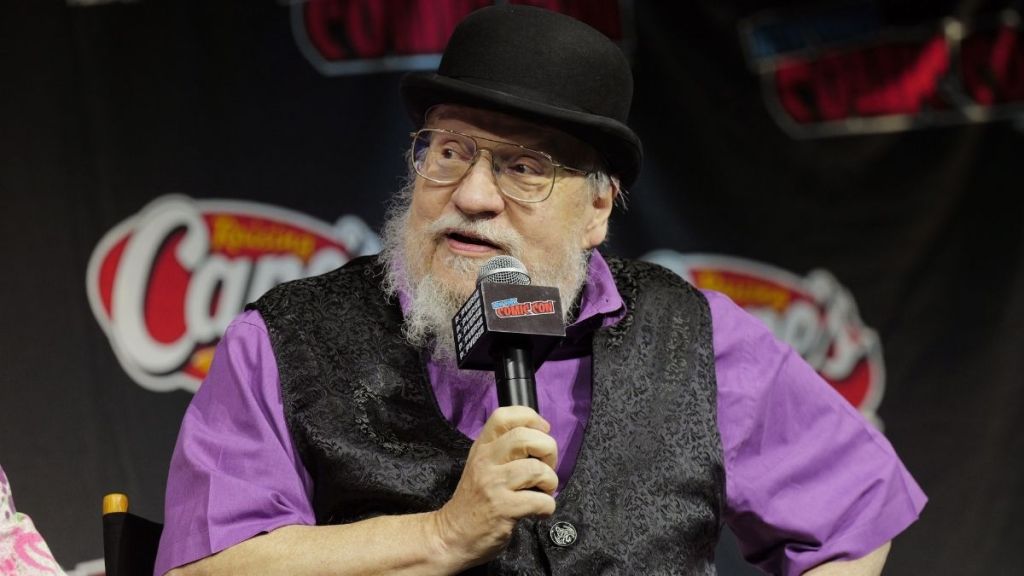YouTube TV has publicly criticized Disney for what it describes as “unnecessarily aggressive” behavior during ongoing negotiations concerning channel carriage fees. An unnamed executive from YouTube TV expressed these sentiments in an interview with Deadline, responding to the fallout from the recent loss of Disney channels, including ESPN, from the service.
The executive contended that Disney’s approach reflects an “antiquated view” of pay-TV economics, asserting that the company demands steep increases in carriage fees that are unreasonable given the current market dynamics. The executive noted, “Disney has a very broad portfolio of channels where viewership on many networks is in decline or nonexistent.” This statement underscores YouTube TV’s concerns about being compelled to carry Disney’s entire catalog of channels, despite diminishing audience engagement on many of them.
YouTube TV currently offers nearly half of its channels from Disney, which plays a significant role in the service’s overall cost structure. The platform has also raised concerns about Disney’s rumored requirement for its partners to include ESPN Unlimited and Disney+ as part of any carriage deal. Such a move could substantially elevate the subscription prices for YouTube TV, a scenario the platform is keen to avoid.
Negotiation Dynamics and Market Impact
The ongoing dispute highlights broader trends in the pay-TV landscape. Disney, akin to other major content providers like NBCU, Paramount, and FOX, typically insists that its core channels be included in the basic packages offered by providers. This model often leads to substantial costs for streaming services, particularly when those channels dominate sports programming, which is notoriously expensive to acquire.
Despite the contentious negotiations, there remains a possibility for a resolution between the two companies. However, the protracted discussions may inadvertently favor Disney, as subscribers seek alternative viewing options, particularly for college football. Competing platforms such as Hulu + Live TV, which is owned by Disney, alongside ESPN Unlimited, are positioned to attract viewers discontented with the current situation on YouTube TV.
Disney’s recent acquisition of a 70% stake in Fubo, coupled with its integration of Hulu + Live TV, suggests a strategic effort to consolidate its influence in the streaming market. This positioning raises questions about potential monopolistic practices that may attract scrutiny from regulators.
The negotiations between YouTube TV and Disney are emblematic of the evolving dynamics in the entertainment industry. As both companies navigate these discussions, the outcome will not only impact their relationship but also the broader landscape of pay-TV and streaming services. The resolution of these negotiations may take time, but the stakes are high for both parties involved.







